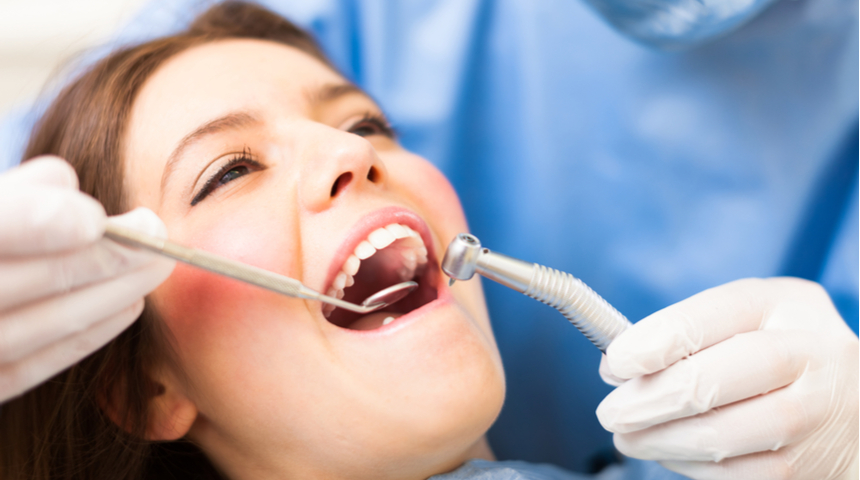
Dental Work After Breast Augmentation: What You Need to Know?
Breast augmentation may be a life-changing experience for some and even an exciting life-long journey for others. But like any journey, there are things you need to prepare for and know ahead of time, so as to make it fun and enjoyable.
One of the things that people may neglect to prepare for after having breast augmentation are simple mundane tasks like going to the dentist. Having breast implants does not mean you can’t take care of your pearly-whites, but there are things you need to consider before you see your dentist.
Dental work after breast augmentation: mitigating risk factors
Breast augmentation is one of the top cosmetic surgical procedures in the world and is relatively safe. But the success of your breast augmentation journey also depends on how well you prepare, after your operation. Going to the dentist might seem like a simple task, but there are things you need to consider ahead of time.
It is important that you inform your dentist that you have breast implants, before undergoing any sort of dental work. This is to ensure that you mitigate any risk that might involve your previous surgery, especially when you’re still in your recovery stage.
The mouth is full of bacteria. During dental procedures and operations such as root canal, there is a possibility of bacteria entering the bloodstream through tiny breaks in the oral mucosa. This bacteria is usually killed by our own immune system. However, since your body is compromised because of the breast implant operation, this could give the bacteria a place for them to multiply, and may possibly lead to a late infection due to bacteremia or the presence of bacteria in the bloodstream.
Late infections due to bacteremia are very rare, affecting less than 1% of people who undergo breast augmentation. But in spite of the very low risk, it is important to take necessary steps, as bacteremia can lead to other complications such as Capsular Contracture. Many case reports have suggested that infections from invasive dental procedures have been associated with late-phase breast implant infections, especially those affected by capsular contracture.
What is capsular contracture?
Capsular contracture is the contracting and thickening of the scar tissue capsule surrounding the implant that may cause hardening of the breast area, deformation and in rare cases, pain in the breast area.
Although there are many factors that may cause capsular contracture, such as genetics, implant rupture, hematomas, and seromas, research has pointed out that one of the possible causes of capsular contracture is the presence of “biofilm,” a thin layer of bacteria (staph bacteria) that normally develops around the implant.
This is why doctors recommend taking antibiotics 72 hours before having any dental work, as bacteremia might enter the blood-stream from the mouth, and cause the formation of biofilm around the implant.
Although the odds of capsular contracture has significantly decreased throughout the years due to advancements in breast implant technology and techniques, it is still better to be on the safe side of things.
Inform your dentist that you have breast implants before undergoing any sort of dental work, even if it’s just a routine cleaning as it may still cause micro-cuts inside the mouth, and inform your cosmetic surgeon as well before any dental procedure.
As the research for bacteremia and capsular contracture is still relatively new, hence not all dentists suggest having antibiotics prior to dental work. But if you want to be extra safe, you can always ask your surgeon for an antibiotic prescription before you head for your dental appointment.
